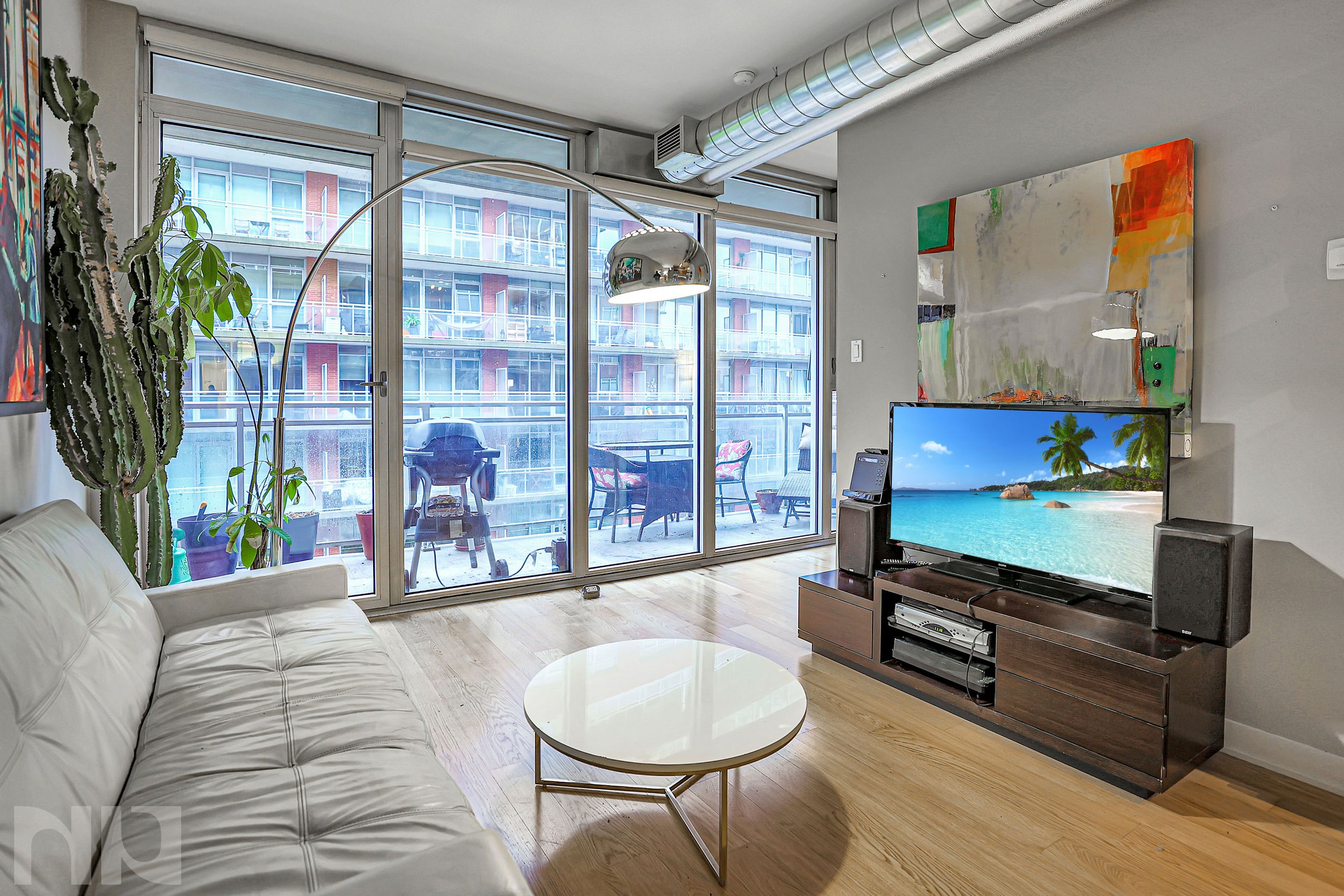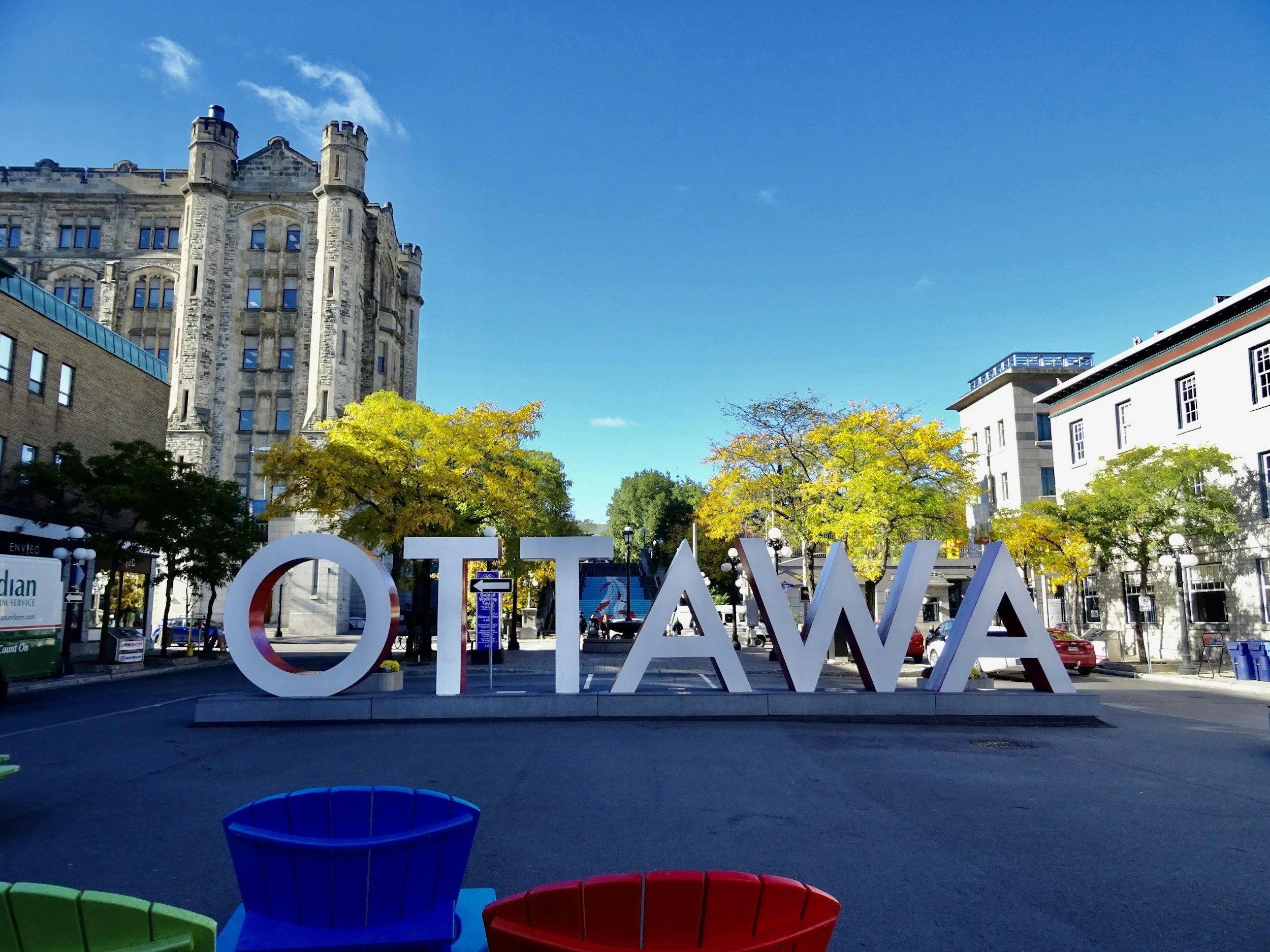10 Tips for First-Time Home Buyers in Ottawa
Buying your first home is a milestone, but it can also feel overwhelming. Ottawa offers a variety of housing options, from chic downtown condos to spacious suburban family homes, making it a fantastic city for first-time buyers. Here’s a comprehensive guide to help you navigate the process with confidence and clarity.
1. Understand Your Budget
Knowing how much you can afford is the foundation of your home-buying journey. This means:
Calculating your monthly income and expenses to determine a comfortable mortgage payment.
Including additional costs like property taxes, utilities, and maintenance in your budget.
Getting pre-approved for a mortgage to understand your borrowing power and to show sellers you’re a serious buyer. Pre-approval also protects you from falling in love with homes outside your price range.
2. Save for a Down Payment
In Canada, a minimum down payment is 5% for homes under $500,000. For homes priced between $500,000 and $1 million, you’ll need 10% for the portion above $500,000. Strategies to save include:
Setting up a dedicated savings account.
Exploring programs like the First-Time Home Buyer Incentive or the Tax-Free First Home Savings Account (FHSA).
Reducing unnecessary expenses to build your savings faster.
3. Explore Ottawa’s Neighbourhoods
Ottawa is diverse, and each neighbourhood offers something unique. Here are some key considerations:
Proximity to work, schools, or public transit.
Lifestyle preferences—are you looking for the urban vibe of the ByWard Market, the tranquillity of Riverside South, or the family-friendly appeal of Barrhaven?
Future growth potential and local amenities like parks, shops, and restaurants. Researching neighbourhoods thoroughly will help you find a community that matches your needs and aspirations.
4. Prioritize Your Must-Haves
When house hunting, it’s easy to get sidetracked by attractive features that might not align with your priorities. To stay focused:
Create a list of non-negotiables, such as the number of bedrooms or a specific location.
Identify nice-to-haves, like a finished basement or a large backyard.
Evaluate properties based on how well they meet your must-haves rather than their overall aesthetic.
5. Work with a Real Estate Agent
An experienced local real estate agent is an invaluable asset for first-time buyers. They can:
Guide you through Ottawa’s market, explaining current trends and pricing.
Negotiate on your behalf to secure the best deal.
Offer insights on neighbourhoods, schools, and future developments.
Help with navigating paperwork and ensuring you meet all deadlines.
6. Consider a Home Inspection
A home inspection provides a clear picture of the property’s condition and can save you from costly surprises down the line. During an inspection:
The inspector will examine structural elements, plumbing, electrical systems, and more.
You’ll receive a detailed report highlighting any potential issues, allowing you to negotiate repairs or adjust your offer if needed.
7. Know the Incentives Available
The Canadian government offers several programs to make homeownership more affordable:
The Home Buyers’ Plan (HBP): Withdraw up to $35,000 from your RRSP to use as a down payment.
Land Transfer Tax Refunds: Ontario’s first-time buyers can get a refund of up to $4,000.
First-Time Home Buyer Incentive: A shared-equity program to reduce monthly mortgage payments. Make sure you’re aware of and eligible for these programs to maximize your savings.
8. Understand Condo vs. Freehold
First-time buyers in Ottawa often choose between condos and freehold properties. Consider the following:
Condos: Ideal for urban living, condos typically include maintenance services but require monthly condo fees. Check the building’s financial health and rules before committing.
Freehold Homes: Provide full ownership and flexibility but come with all maintenance responsibilities. Choosing the right property type depends on your lifestyle, budget, and long-term plans.
9. Plan for Closing Costs
Closing costs can range from 1.5% to 4% of the home’s purchase price. Common expenses include:
Legal fees for title searches and document preparation.
Land transfer taxes and title insurance.
Adjustments for utilities, property taxes, and condo fees (if applicable). Planning for these costs ensures there are no surprises at the finish line.
10. Think Long-Term
Your first home may not be your forever home, but it’s still an important investment. When buying, consider:
Resale value—look for properties in growing neighbourhoods or with in-demand features.
Your future needs—is the home suitable if your family grows or your career changes?
Maintenance and renovation potential to increase the property’s value over time. Thinking long-term helps ensure your first home remains a wise financial decision.
Becoming a homeowner is an exciting journey, and with the right preparation, it can also be a smooth one. By understanding the market, prioritizing your needs, and working with trusted professionals, you’ll set yourself up for success. For personalized advice and expert guidance, contact the New Purveyors team today. We’re here to help you find the perfect place to call home.































